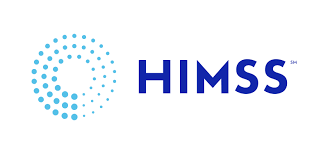Older adults can save tens of thousands of dollars annually by choosing assisted living communities over aging in place in their homes.
Unlike point solutions, Inspiren unifies resident safety, care planning, staffing, and emergency response into a single AI-powered platform.
An artificial intelligence-powered virtual assistant platform for senior living and care providers.

 HIMSS was canceled – but the briefings went on to shed a light on what’s new. When a conference of the scale of the largest annual health IT event HIMSS (possible attendance of 45,000 compared to
HIMSS was canceled – but the briefings went on to shed a light on what’s new. When a conference of the scale of the largest annual health IT event HIMSS (possible attendance of 45,000 compared to